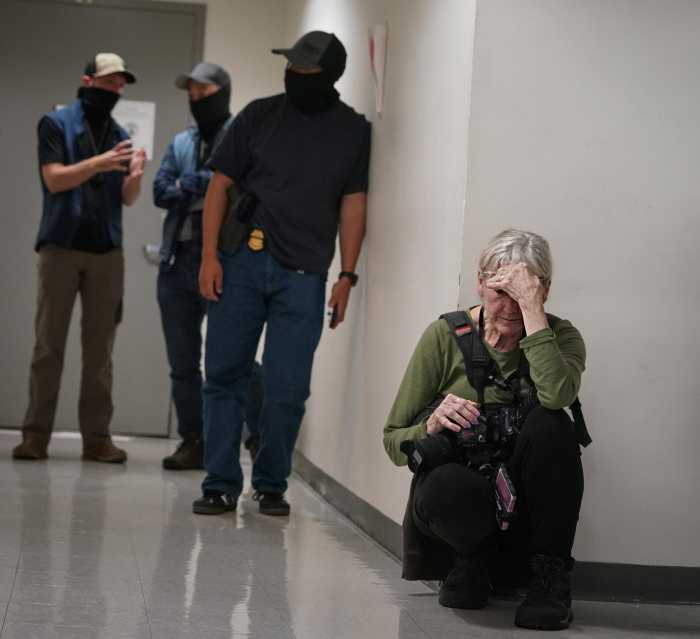The Metropolitan Transportation Authority (MTA) signed a contract to complete its takeover of New York City’s seven private bus lines on November 30, nearly a year and a half after the plan was supposed to be implemented.
Mayor Michael Bloomberg and Transit Alliance Chairman Jerome Cooper reached an agreement allowing the MTA to acquire the assets of Command, Green, Jamaica and Triboro Bus companies for $25 million. The City will lease four depots from the Transit Alliance Companies for $7.5 million per year. The MTA took over three other companies earlier this year.
“We had a fractured, disparate system,” said mayoral spokesman Jordan Barowitz. “With MTA control over all lines, we’ll be able to provide a tremendous improvement in service for bus riders, which will be more efficient for taxpayers.”
The four lines serve 137,000 riders daily with 700 buses on 50 routes, running local service in Queens and Brooklyn and express service to and from Manhattan. After the transfers, which will occur between Dec. 5 and Feb. 20, the buses will be operated by the MTA Bus Company, which was created in September 2004 in anticipation of the takeovers. The city expects no immediate price increases or service changes.
The seven private lines had operated with government subsidies of more than $150 million a year. The city will pay similar amounts to the MTA and anticipates only a “negligible increase” in costs, Barowitz said.
Private bus companies have struggled in recent years. “Our members were trying to make do with a lack of spare parts, buses falling apart, an inability keep enough buses on the road to maintain passenger needs,” said David Katzman, spokesman for Transport Workers Union Local 100. The average age for a private bus was 13 years, compared to seven for the MTA, according to the Straphangers Campaign.
The city will now start using approximately 200 new buses bought before the takeover, Barowitz said. He expects buses will be cleaner and better maintained, with fewer breakdowns and less frequent strikes.
But Councilman Joseph Addabbo cited concerns over the high cost to the city, potential inequities in the treatment of workers, substandard service and the MTA’s alleged lack of accountability.
“Given the MTA’s track record, its poor financial situation, and its reluctance to deal with community input, it’s a bad road to go down,” Addabbo said. “The MTA should focus on its financial situation, not on a new endeavor which is critical for our residents.”
The MTA was supposed to assume responsibility for service July 1, 2004, but was delayed by negotiations with workers. The MTA still faces litigation with the non-represented employees, and contract negotiations with the Transport Workers Union.
But many are happy the deal finally went through. “Many Queens commuters use buses as part of long, exhausting trip,” said Dan Andrews, spokesman for Borough President Helen Marshall. “We’re concerned about getting that aging, vulnerable fleet replaced with new buses that have been parked in garages for months until the takeover took effect.”































